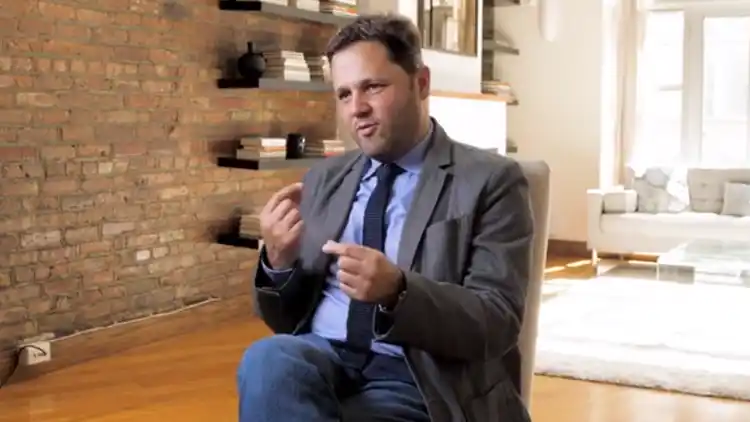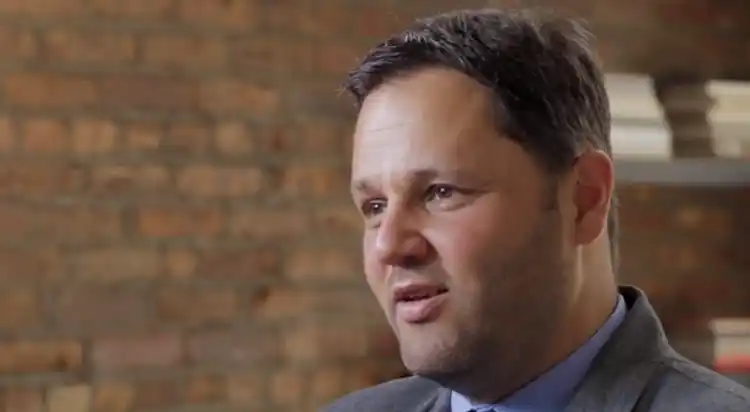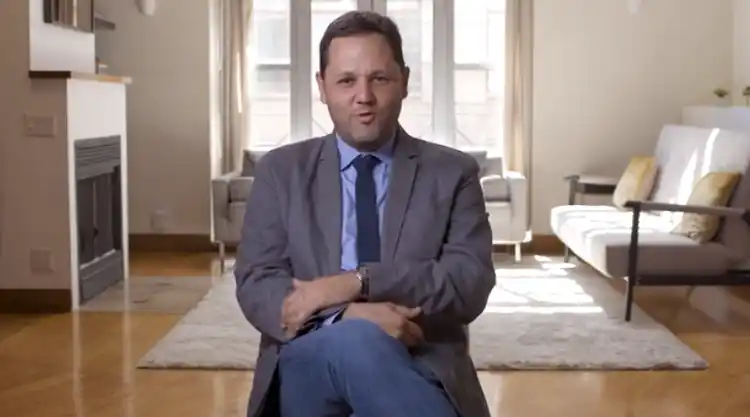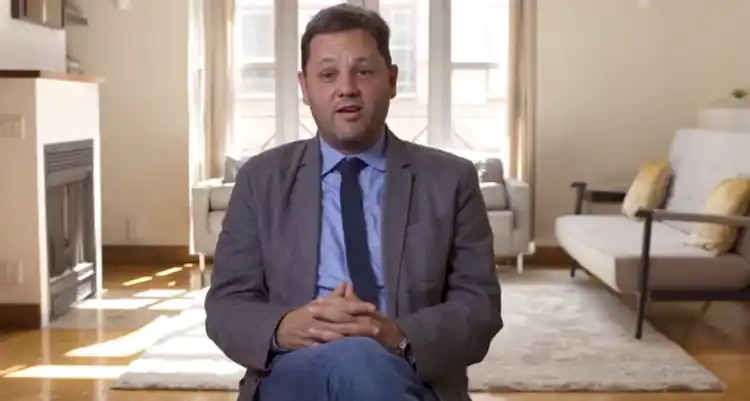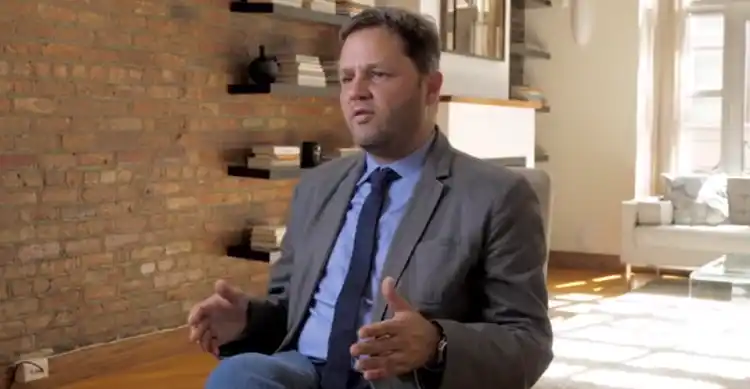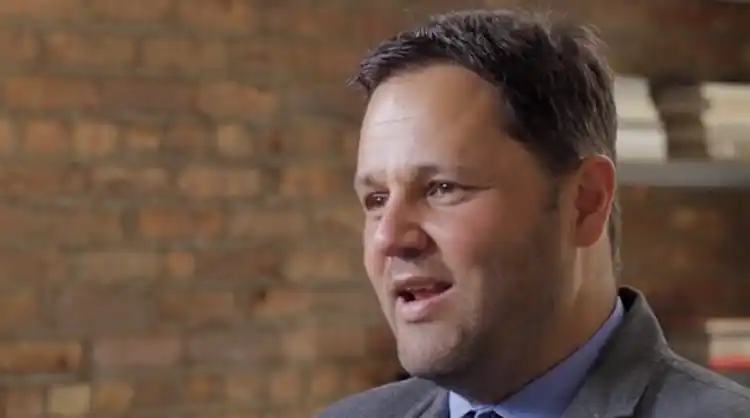The Science
Our research team's breakthrough work in Revealed Preferences is transforming how the financial industry understands and serves clients.
Rigorous. Precise. Revelatory.
Understanding client decision making is science, not art.
Our research team's mission is to unlock how and why clients make decisions with their money, so you can be more relevant and serve them better.
.webp?u=https%3A%2F%2Fcdn.sanity.io%2Fimages%2Fgbxcsezf%2Fproduction%2F6dc5c9dc8ba95a3a64bd56b91427d2fc1184f5ed-2934x1644.png&a=w%3D750%26h%3D420%26fm%3Dwebp%26q%3D40&cd=53f3e0c9d531e9955e354eb2eaec1440)
Read the Foundational Academic Research

Our Academic Co-Founders.
Shachar Kariv, PhD
Benjamin N. Ward Professor of Economics
UNIVERSITY OF CALIFORNIA, BERKELEY
Co-Founder, Capital Preferences
He has also served as the Chair of the Economics Department at the University of California, Berkeley - recognized as one of the world's most impactful and influential economics institutions.
Shachar is widely regarded as the top decision theorist and game theorist in the world.
.webp?u=https%3A%2F%2Fcdn.sanity.io%2Fimages%2Fgbxcsezf%2Fproduction%2F07369193dc5d5bced6dbfcc69819ec8686652d49-1028x1034.png&a=w%3D750%26h%3D754%26fm%3Dwebp%26q%3D40&cd=54fdd9099552683e230c617409ecd8b4)
Dan Silverman, PhD
Rondthaler Family Professor of Economics
ARIZONA STATE UNIVERSITY
Co-founder, Capital Preferences (not currently active)
He is a micro-economist whose research blends economic theory and econometrics to study how public and private policies influence decision-making.
His work levers ‘big data’ and novel blends of surveys and experiments to gain insights into the quality of spending and saving choices, especially in the years leading up to and after retirement.
.webp?u=https%3A%2F%2Fcdn.sanity.io%2Fimages%2Fgbxcsezf%2Fproduction%2Ffff5061b9d805f8902c9981c5f7bb97cb12bfeb6-1032x1038.png&a=w%3D750%26h%3D754%26fm%3Dwebp%26q%3D40&cd=4444fbc696ac560d6e1bfdef317c18ce)
